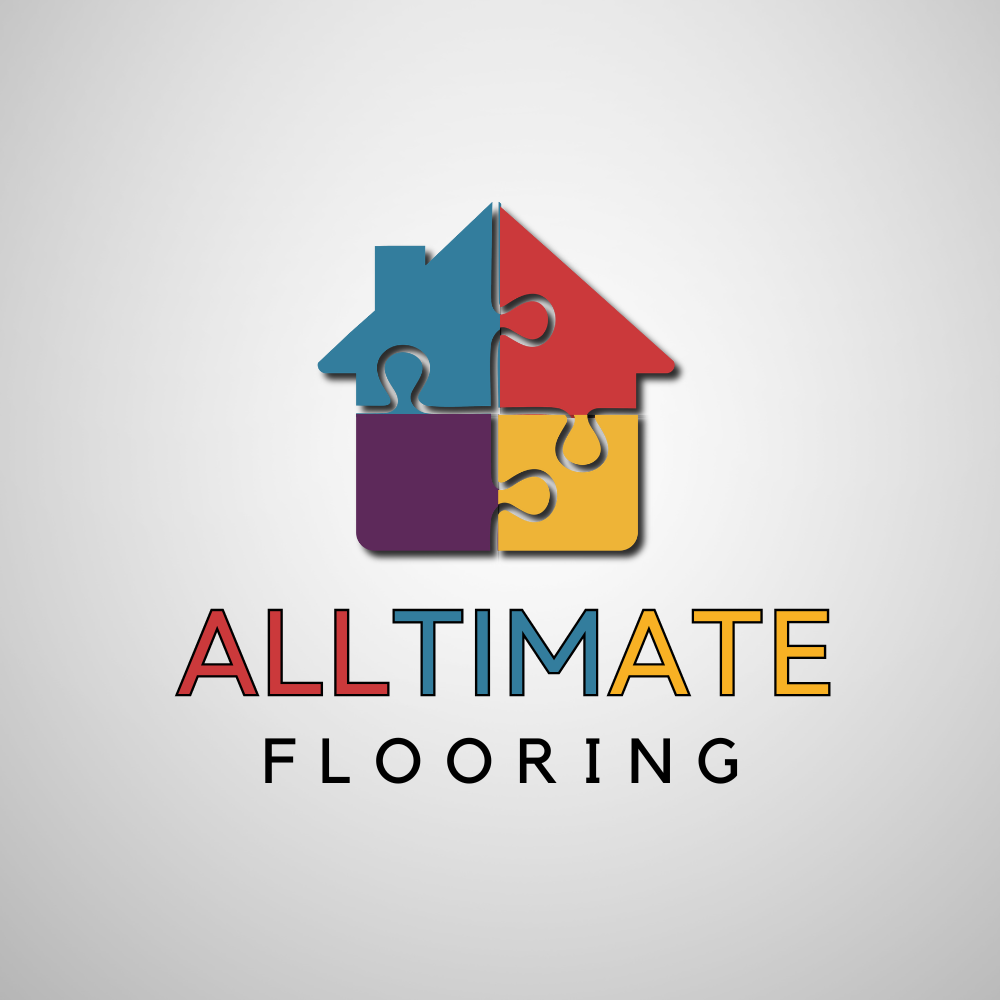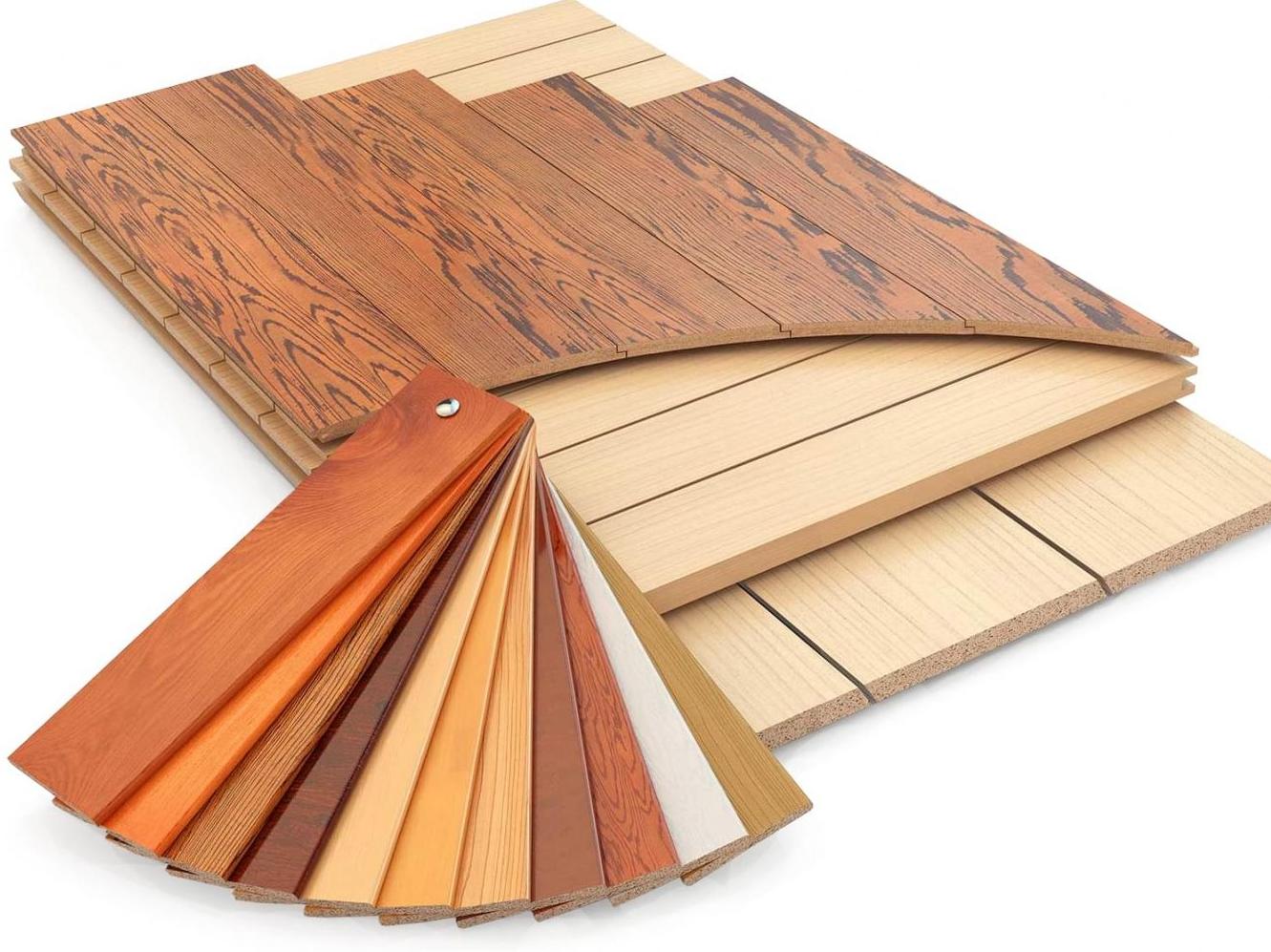Flooring is a crucial aspect of any home or commercial space, influencing aesthetics, functionality, and durability. With various flooring types available in the market, selecting the right one can be challenging. This guide explores different flooring options, their advantages, disadvantages, and best applications to help you make an informed decision.
1. Hardwood Flooring
Overview:
Hardwood flooring is a classic and luxurious choice made from solid wood planks or engineered wood.
Pros:
- Adds warmth and elegance to interiors
- Long-lasting with proper maintenance
- Can be sanded and refinished multiple times
Cons:
- Expensive compared to other options
- Susceptible to moisture and humidity
- Requires regular maintenance
Best For:
- Living rooms
- Bedrooms
- Hallways
2. Laminate Flooring
Overview:
Laminate flooring mimics the appearance of wood or stone but is made from compressed fiberboard with a photographic layer on top.
Pros:
- Cost-effective alternative to hardwood
- Scratch and stain-resistant
- Easy to install and maintain
Cons:
- Cannot be refinished
- Prone to water damage
- Feels less authentic than real wood
Best For:
- Bedrooms
- Offices
- High-traffic areas
3. Vinyl Flooring
Overview:
Vinyl flooring is a synthetic option available in sheets, tiles, or planks, offering durability and versatility.
Pros:
- Water-resistant and ideal for moisture-prone areas
- Comfortable underfoot
- Affordable and available in various designs
Cons:
- Can be damaged by sharp objects
- Some types may emit volatile organic compounds (VOCs)
Best For:
- Kitchens
- Bathrooms
- Laundry rooms
4. Tile Flooring
Overview:
Tile flooring comes in various materials such as ceramic, porcelain, and natural stone, making it a durable and stylish choice.
Pros:
- Highly durable and long-lasting
- Resistant to water and stains
- Available in various colors and patterns
Cons:
- Can feel cold and hard underfoot
- Grout lines require regular cleaning
- Expensive installation costs
Best For:
- Kitchens
- Bathrooms
- Entryways
5. Carpet Flooring
Overview:
Carpet flooring is made from woven fibers and provides warmth and comfort in residential and commercial settings.
Pros:
- Soft and comfortable underfoot
- Provides insulation and noise reduction
- Available in numerous colors and textures
Cons:
- Prone to stains and dirt accumulation
- Requires frequent cleaning
- Not suitable for high-moisture areas
Best For:
- Bedrooms
- Living rooms
- Offices
6. Bamboo Flooring
Overview:
Bamboo flooring is an eco-friendly alternative to hardwood, made from fast-growing bamboo grass.
Pros:
- Sustainable and environmentally friendly
- Harder and more durable than some hardwoods
- Attractive and unique grain patterns
Cons:
- Susceptible to water damage
- Can scratch easily
Best For:
- Living rooms
- Bedrooms
- Hallways
7. Cork Flooring
Overview:
Cork flooring is a renewable and eco-friendly option made from cork oak bark.
Pros:
- Comfortable and soft underfoot
- Naturally resistant to mold and mildew
- Provides insulation and sound absorption
Cons:
- Can fade in direct sunlight
- Prone to scratches and dents
- Requires sealing for water resistance
Best For:
- Bedrooms
- Playrooms
- Home offices
8. Concrete Flooring
Overview:
Concrete flooring is a durable and modern option, often seen in industrial or contemporary designs.
Pros:
- Highly durable and long-lasting
- Low maintenance and easy to clean
- Can be customized with stains, textures, and patterns
Cons:
- Hard underfoot
- Can develop cracks over time
- Requires sealing for stain resistance
Best For:
- Basements
- Garages
- Modern industrial spaces
9. Linoleum Flooring
Overview:
Linoleum is a natural flooring option made from linseed oil, wood flour, and cork dust.
Pros:
- Eco-friendly and biodegradable
- Durable and resistant to wear and tear
- Naturally antimicrobial
Cons:
- Requires sealing for water resistance
- Can be dented by heavy furniture
Best For:
- Kitchens
- Bathrooms
- Playrooms
Conclusion
Choosing the right flooring depends on factors such as budget, durability, maintenance, and aesthetic preferences. Whether you prefer the timeless elegance of hardwood, the affordability of laminate, or the durability of tile, there is a perfect flooring solution for every space. Consider your needs carefully before making a decision to ensure long-lasting satisfaction with your flooring choice.

